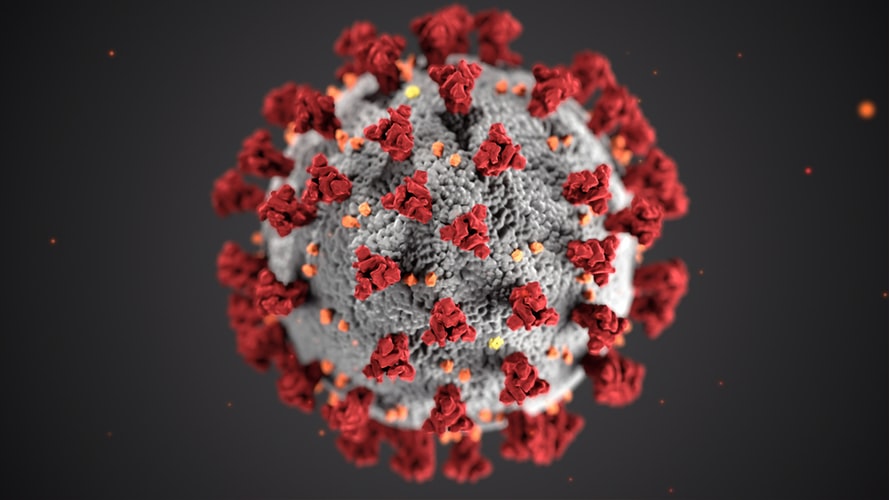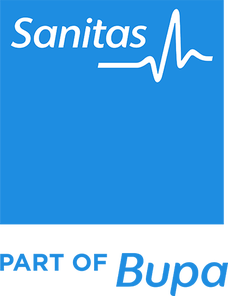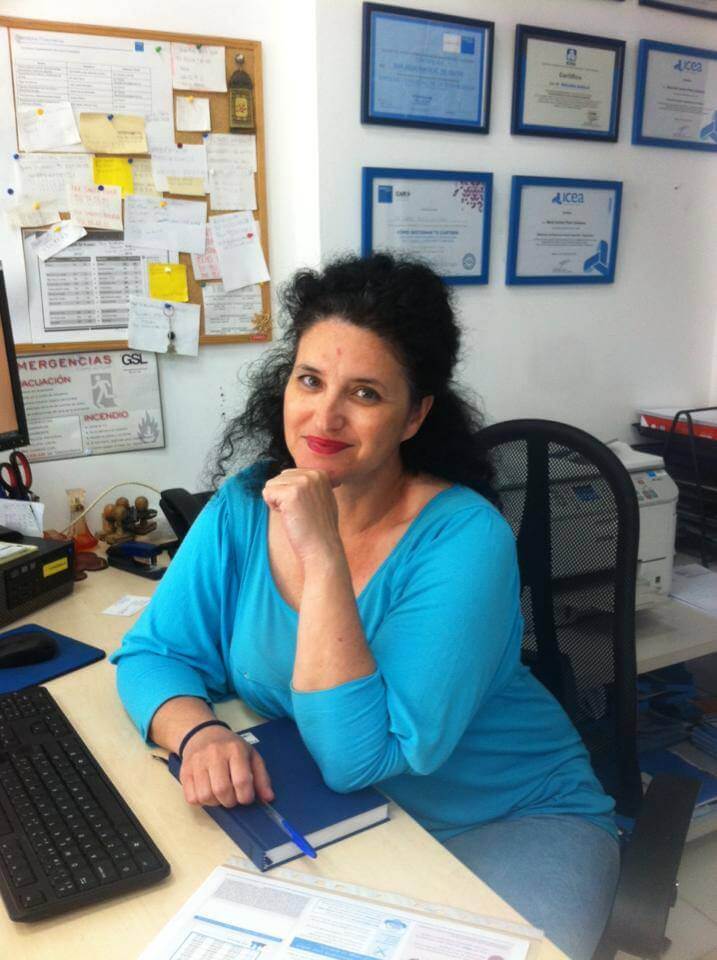This article will help you to know more about the illness, its symptoms and what to do if you suspect you are suffering from the coronavirus.
What is the coronavirus?
Coronaviruses are a group of viruses that tend to only affect animals. Some can be spread between animals and humans. They cause clinical conditions that range from the common cold to some more serious, although infrequent, illnesses.
What is the new coronavirus called?
This strain of coronavirus is called COVID-19, which comes from corona (or crown), virus, disease and the year when it was discovered.
What are the symptoms of COVID-19?
They are very similar to those of the colds or flu typical of this time of year. The main symptoms are:
- fever (high temperature)
- cough
- shortness of breath.
- In some cases, there may also be digestive symptoms such as diarrhoea and abdominal pain.
Less frequently, the virus can cause more serious cases leading to pneumonia (characterised by significant breathing difficulties), kidney failure and even, in exceptional cases, death. These cases generally occur among the older populations or those with underlying conditions such as heart disease, lung disease or immune system problems.
How does it spread?
It is very similar to other infections caused by viruses; it spreads through contact with infected animals or through close contact with the respiratory secretions of somebody who is infected, such as coughing or sneezing. These secretions can infect somebody else on coming into contact with their nose, their eyes or their mouth.
Is it very contagious?
It depends on the amount of the virus in the body’s airways. For the infection to spread, it would need direct contact by the respiratory secretions of an infected animal or infected person with somebody else’s mucous membranes (nose, mouth, eyes). Airborne transmission at distances greater than one or two metres seems unlikely.
Is there any treatment for COVID-19?
At the current time, there is not a specific treatment for the new coronavirus but certain antiviral drugs are being used which are proving quite effective. These drugs are prescription only, and therefore if needed it will be your doctor who prescribes them and the required dose. Self-medicating is not advisable under any circumstances.
There are, however, many treatments available to deal with your symptoms.
Are antibiotics effective for treating the coronavirus?
No, antibiotics do not work on a virus; they only work on bacterial infections. This is a virus and therefore antibiotics should not be used to prevent or treat it.
What can I do to protect myself?
The general ways to protect yourself from respiratory illnesses include:
- Washing your hands frequently (with soap and water or alcohol-based hand rub), especially after direct contact with anyone who is ill or their surroundings
- Avoiding close contact with anyone who shows signs of a respiratory condition, such as coughing or sneezing
- Keeping at a distance of approximately one metre from people showing symptoms of severe respiratory illness
- When coughing and sneezing, covering your mouth and nose with a tissue, then washing your hands.
These measures also protect against common illnesses such as the flu.
No special precautions have to be taken in connection with animals in Spain, nor with food, to avoid this infection.
Do face masks help at all?
The World Health Organization (WHO) states that, if you are healthy, you only need to wear a face mask if you are going to deal with somebody suspected of having become infected. If you have a cough or are sneezing, you can use masks to prevent the spread of small droplets of saliva, but they must be used and be disposed of properly.
The World Health Organization has also released a reminder that masks are only effective if their use is combined with frequent hand washing with a hydroalcoholic solution or with soap and water.
What is quarantine and what role does it play in preventing COVID-19?
Quarantine means imposing measures upon somebody who may have been in contact with a source of infection but who is not showing any symptoms, in order to keep them separate from others and restrict their movements. The purpose of quarantine is to prevent that person, in the event they have become infected, from passing the infection on to others.
Quarantine only makes sense for illnesses that can be passed on during the period where the person has no symptoms, that is, before the person shows any symptoms of illness. Based on the information currently available, the established quarantine period is 14 days.
Can animals pass on the new coronavirus to humans?
It is possible that the initial source was an animal, given that the first cases were detected in people working at a market containing live animals. However, do not worry if you have any pets at home; no special precautions have to be taken with animals in Spain.
Where are the risk areas?
There is currently transmission occurring in continental China, Singapore, Hong Kong, Japan, South Korea, Iran and Italy (the Lombardy, Veneto, Emilia Romagna and Piamonte regions). As the situation develops, the risk areas may vary.
What do I have to do if I have returned from a risk area (China, Italy, others)?
People returning from any of the risk areas who are in good health can lead normal lives, with their families and friends and, in general, in their school and working environments.
If, during the 14 days following the return from their trip, they develop respiratory symptoms (fever or high temperature, coughing and shortness of breath), they should stay at home and contact the health services in each Autonomous Region by telephone (you will find a list of telephone numbers in each region at the end of this document) or the 24-hour emergency telephone of your health insurance in Spain company.
The healthcare services will evaluate their state of health, travel history and possible contact with cases of coronavirus.
What must I do if I have to travel to any of the risk areas?
If it is a trip which cannot be postponed, travellers are advised to visit the website of the Ministry of Health, which contains constantly updated recommendations for travellers.
It is advisable to avoid close contact with people who are ill and to wash your hands frequently.
If the trip is a business trip, the healthcare area from the company’s prevention service will assess the specific risk for the trip and of possible contact with cases of coronavirus, and will provide the appropriate recommendations, following the guidelines and recommendations prepared by the healthcare authorities.
Am I covered for healthcare abroad?
Although the WHO has declared the coronavirus as a pandemic, in view of the extraordinaryAlthough the WHO has declared the coronavirus as a pandemic, in view of the extraordinarysituation we are facing, at this time we confirm that our health insurance company continues to provide COVID-19 relatedhealth care to those who need it. We are working with the necessary responsibility that thisexceptional situation requires. We continue to analyse how the situation is evolving, which changesvery quickly. We will continue to collaborate with the health authorities in managing this emergency and provide the best possible service to our customers and the rest of society. Therefore, wecurrently have emergency assistance coverage abroad, within the limits of our product. You cancheck the details in your contract that can be found in your private area Mi Sanitas of the App or theweb.
Are there any special measures with regard to merchandise received from the risk areas?
The European Commission has not adopted any additional measures relating to the official controls performed on the different merchandise for human use or consumption from the areas where there is sustained transmission. Therefore, for the time being, the same recommendations as those given up to this point will continue to be applied, and there are no restrictions or specific recommendations regarding the movement of goods.
Does our health insurance in Spain cover me in the event I have symptoms or catch the coronavirus?
Although the WHO has declared the coronavirus as a pandemic, in view of the extraordinary situation we are facing, at this time we confirm that Sanitas continues to provide COVID-19 related health care to those who need it. We are working with the necessary responsibility that this exceptional situation requires. We continue to analyse how the situation is evolving, which changes very quickly. We will continue to collaborate with the health authorities in managing this emergency and provide the best possible service to our customers and the rest of society.
A committee has been set up and certain action protocols have been established.
If you have any symptoms, you must:
- Call the 24-hour medical emergency hotline we will forward you if you are already member of our health insurance policy. There they will perform an assessment of your condition and the risk (travel to a risk area, contact with at-risk patients, etc.)
- Contact the authorized medical service in your Autonomous Region. You will find the list of telephone numbers for each Community at the end of this document.
For other queries:
- For information about prevention, contagiousness, etc., call the our 24-hour medical advice hotline (only for our clients)
If a person is suspected to be infected with the new coronavirus, the necessary medical protocols will be activated and the public health authorities will immediately be informed that a patient may be infected. The public health authorities will assess according to the protocols whether to perform respiratory sampling to be sent to the designated reference laboratory.
In addition, our health insurance compay has set up a permanent monitoring committee which evaluates both how the coronavirus situation is developing and the recommendations from the healthcare authorities for ongoing updating of the specific protocols regarding the clinical handling of cases.
Telephone numbers for each Autonomous Region:
Andalucía – Tel 955 54 50 60
Aragón – 061
Asturias – 112
Cantabria – 112 and 061
Castilla La Mancha – 900 122 112
Castilla y León – 900 222 000
Cataluña – 061
Ceuta – 900 720 692
C Madrid – 900 102 112
C Valenciana – 900 300 555
Extremadura – https://saludextremadura.ses.es/web/
Galicia – 900 400 116
Islas Baleares – 061
Canarias 900 11 20 61
La Rioja 941 29 83 33
Murcia – 900 12 12 12
Navarra – 948 29 02 90
País Vasco 900 20 30 50




